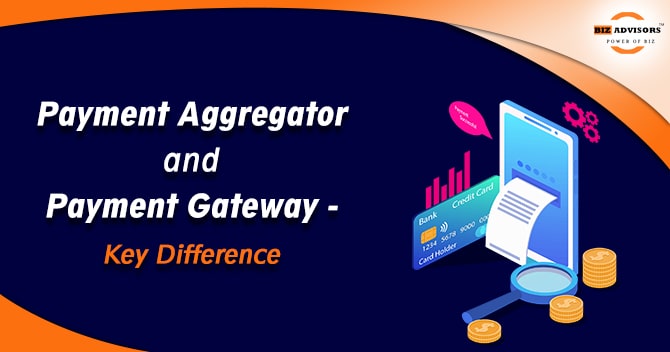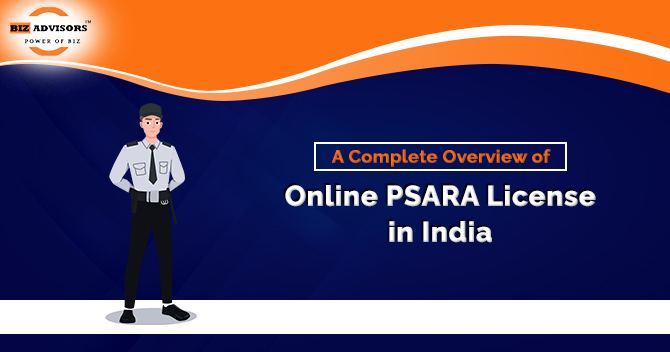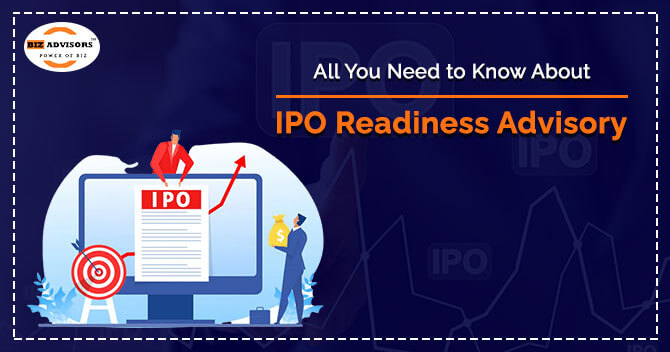Payment Aggregator and Payment Gateway are the two different methods of payment transaction. For every business, the payment transaction is very important. Therefore choosing the right method of the payment transaction is a vital part of any business. To select one out of Payment Aggregator and Payment Gateway is not so easy, especially when one does not know about the differences between both methods. Although the technical words used for both the methods are different, their difference is not clear. This article will definitely give you a clear picture of the difference between Payment Aggregator and Payment Gateway. It will help you in choosing the right business payment transaction for your business.
What is a Payment Aggregator?
Payment Aggregator is a third-party service provider. They allow merchants to accept payment from the customers but they integrate it with their website or app. Because of the above reason Payment Aggregator is also known as Merchant Aggregator. It is basically a bridge between the merchant and the acquirer. Here you have been provided with the Sub Merchant Account, where Payment Aggregator will receive payment from the customers on your behalf. After a period of time, it transfers you all the payments in batches, which is known as settlement. Payment Aggregators are governed by the Companies Act, 2013. It can be a banking or non-banking entity. Since it is related to finance, it requires a license from RBI. However only non-banking entities require a unique authorization from RBI[1].
Benefits of Payment Aggregator
1. It gives easy on boarding.
2. It is highly secure.
3. Instant refunds and settlements are provided here.
4. Is has excellent customer support.
5. It gives a sub-merchant account.
What is Payment Gateway?
Payment Gateway is an online payment service that is integrated with e-commerce platforms. It is a channel for making and receiving payments. It approves the transaction process between a merchant and the customers. It helps the e-commerce businesses to extend themselves by easing the payment to the customers. It leads to secure payment as well as fast transactions. Every business that collects online payments or accepts debit or credit cards needs Payment Gateway. It is an easy way of the payment transaction.
Benefits of Payment Gateway
1. Excellent tool for online payment transactions.
2. Helps the e-commerce businesses while payment transactions.
3. Helps in fraud and risk management.
4. It has an API tool for easy integration.
5. It keeps your digital transaction secure.
Can Payment Aggregator and Payment Gateway work hand in hand?
It’s a very common misconception that choosing between Payment Aggregator and Payment Gateway is mandatory for the business. While the fact is that Payment Aggregator and Payment Gateway can work hand in hand as well. Sometimes Payment Gateways alone are not sufficient to the process of payments. Behind Payment Gateways, a bank is working that issues merchant accounts. There are many merchants applying for merchant accounts who are eager to process the payments. But the duty of the bank is to classify both the underwriting and process of fund transfer for numerous merchants, which could become too much. This is the time when Payment Aggregators came into effect. Payment Aggregators go through the underwriting process with the bank which is acquired. After that, the process for payments for many smaller sub-merchants will be done. Therefore we can say that Payment Aggregator and Payment Gateway can work better simultaneously.
Comparison
Although both Payment Aggregator and Payment Gateway are for the payment transaction, there are certain differences in their working. The table given below is the comparison between Payment Aggregator and Payment Gateway, which will draw a clear line of difference between both of them.
| Factors | Payment Aggregator | Payment Gateway |
| Different Functions | Here the transaction is interface. | Here for the transaction mediator is required. |
| Options for Payment | There are lots of payment options here. | Options of payment are limited. |
| Solution | An integrated solution is needed. | An integrated solution is needed. |
| Permissions | Certification is mandatorily under Payment Card Industry Data Security Standard. | RBI validation is required as per PSSA, 2007. |
| Payment Success Rate | Comparatively high. | Depends on the management. |
| Ownership | They are basically owned by Fintech Companies. | They can be owned by public or private banks, merchants e.t.c. |
| About Digitalization | Offline as well as online touch points. | Only online touch points. |
Conclusion
Payment Aggregator and Payment Gateway secure your payment transaction. Both are equally advantageous for businesses. The mode of a payment transaction totally depends on the type of business. It should be chosen as per the requirement of your business. There are certain businesses that need both modes of payment transaction simultaneously for the benefit of their business. While some business needs only one of them at a time. For instance, if you have an e-commerce business, then Payment Gateway transaction mode is sufficient for your business. On the other hand, there are certain e-commerce businesses that allowed “cash on the delivery system”, and then their business needs both Payment Aggregator & Payment Gateway mode of the payment transaction. Hence the mode of the payment transaction completely depends on the requirement of the businesses.
Read our article:Key Documents for Payment Bank License in India
 9559179325
9559179325 9559179325
9559179325





